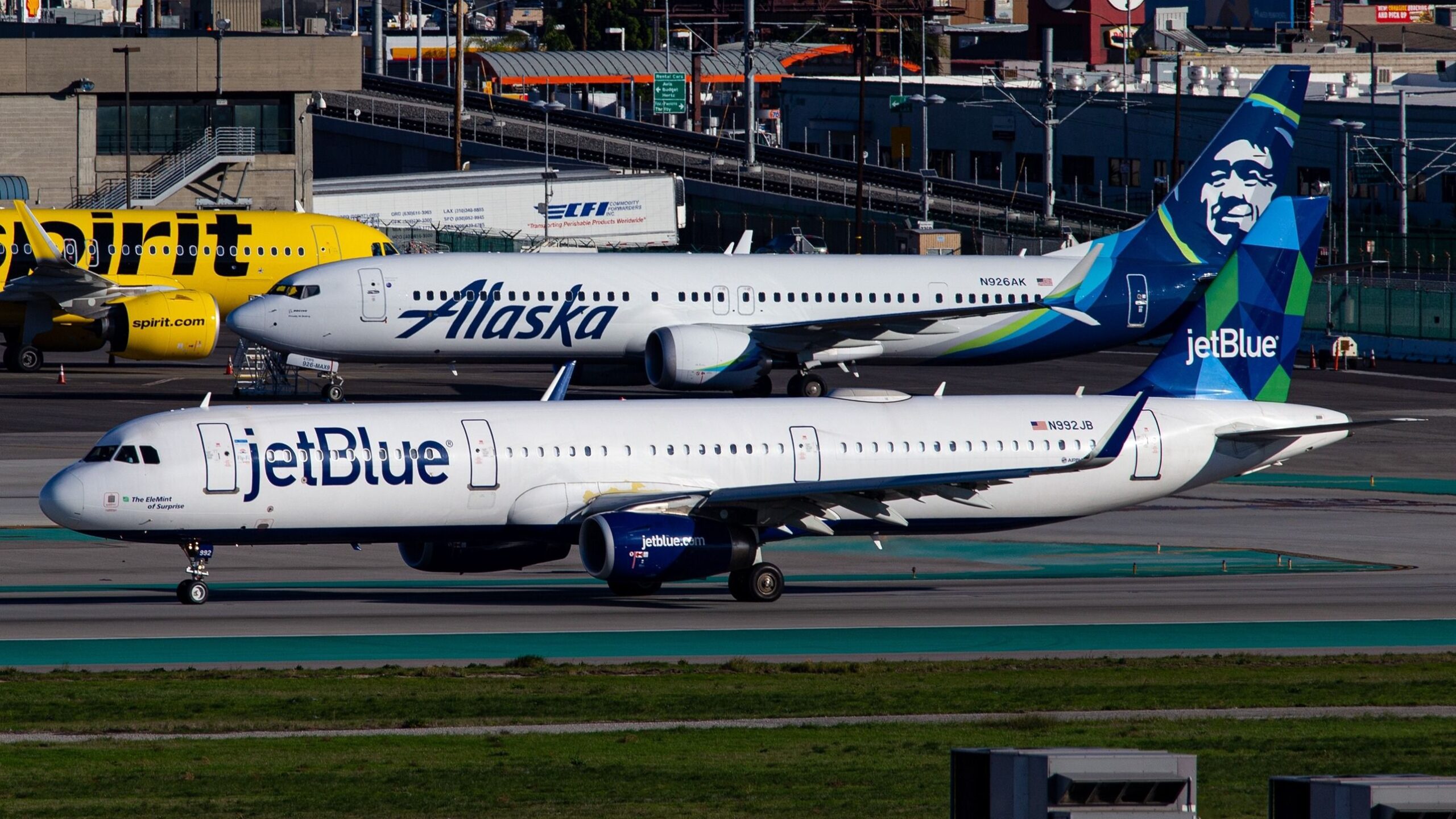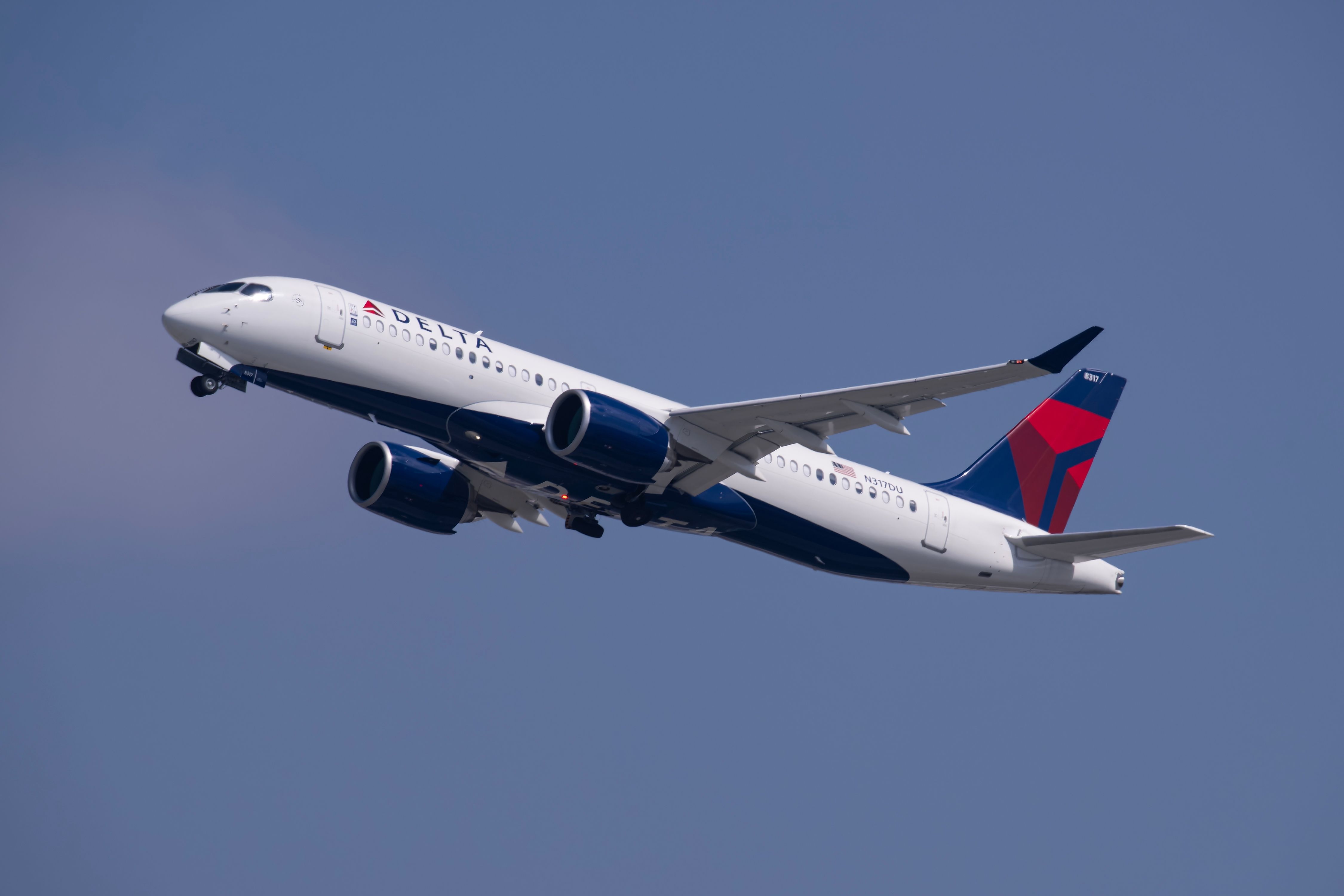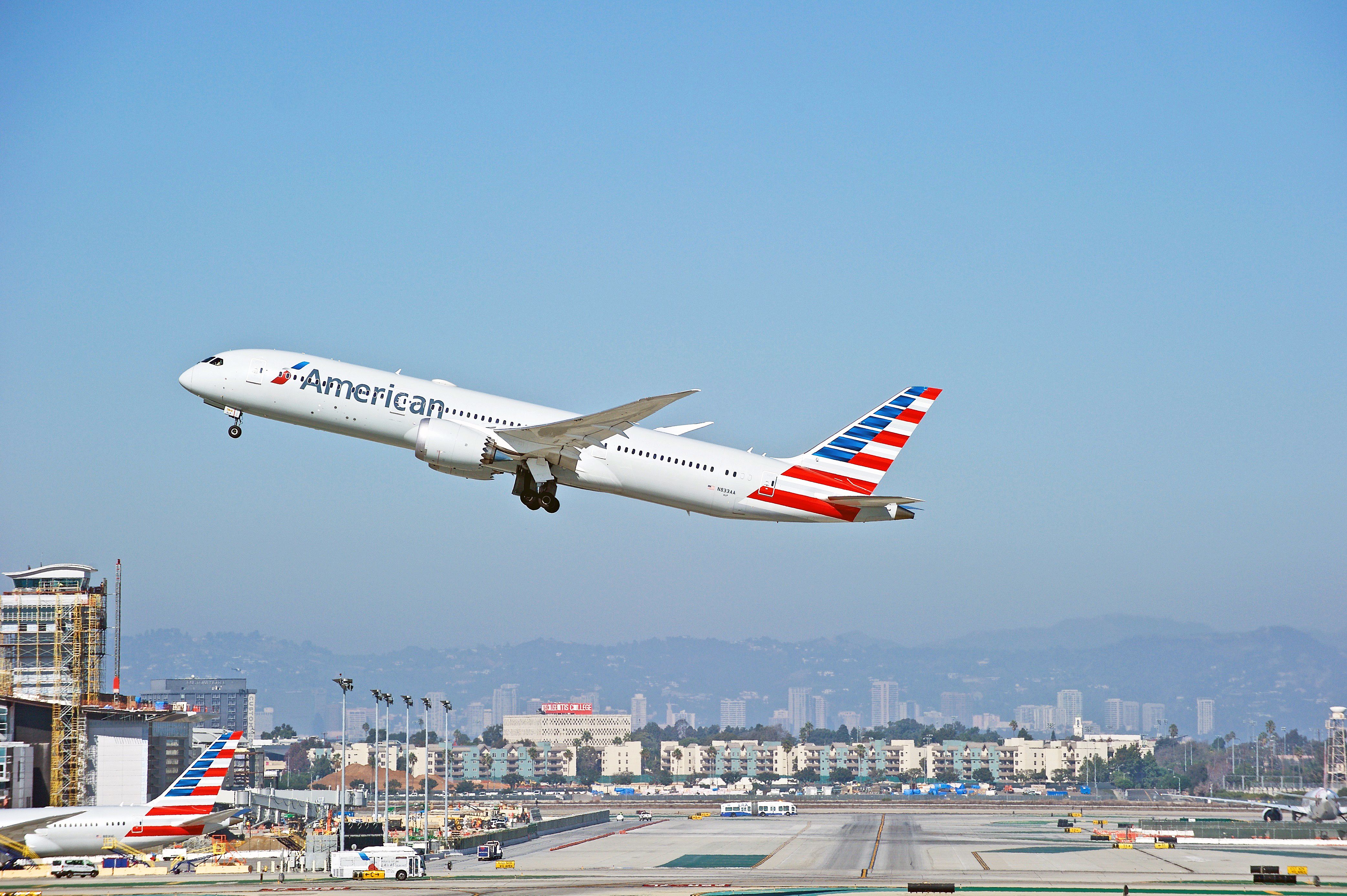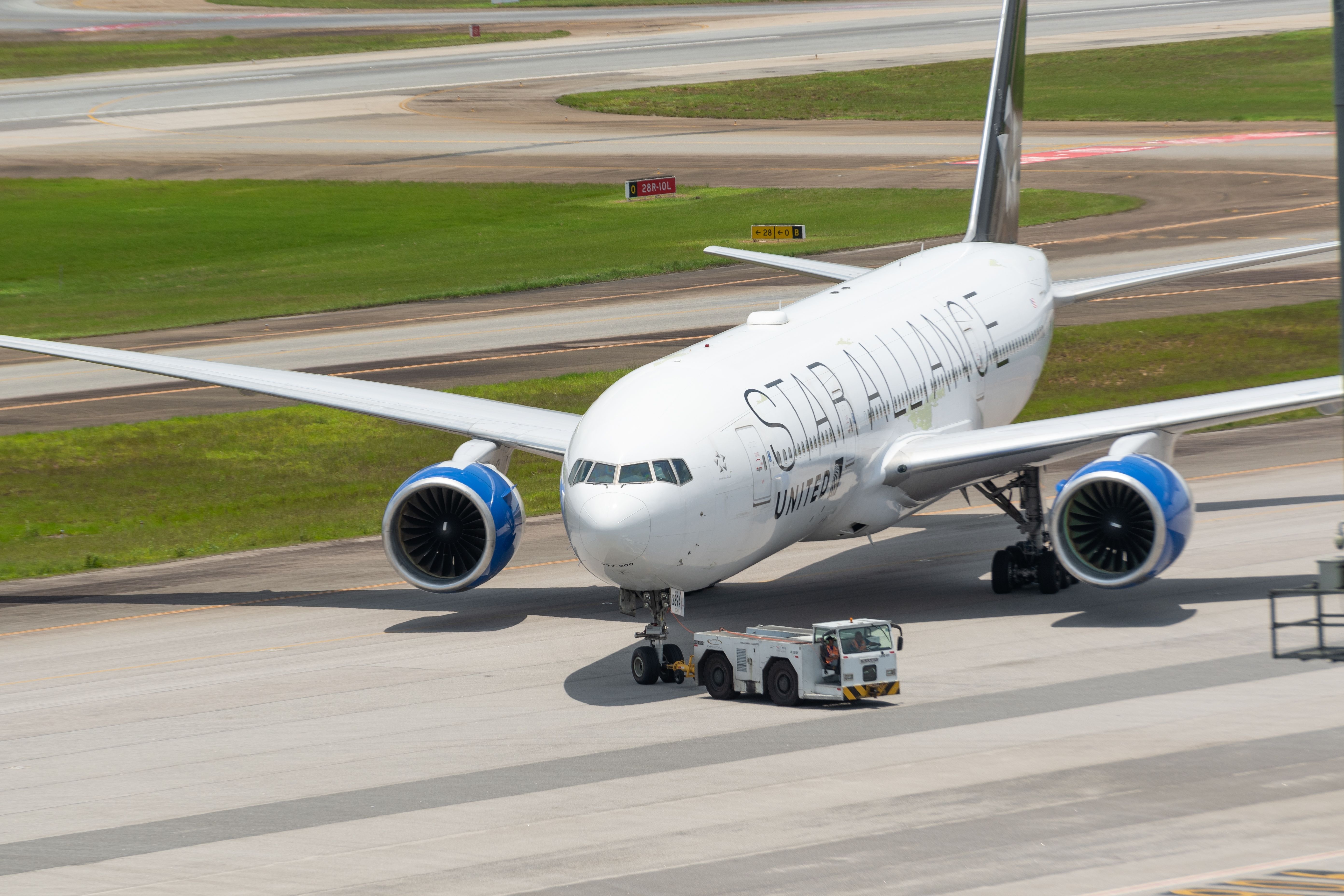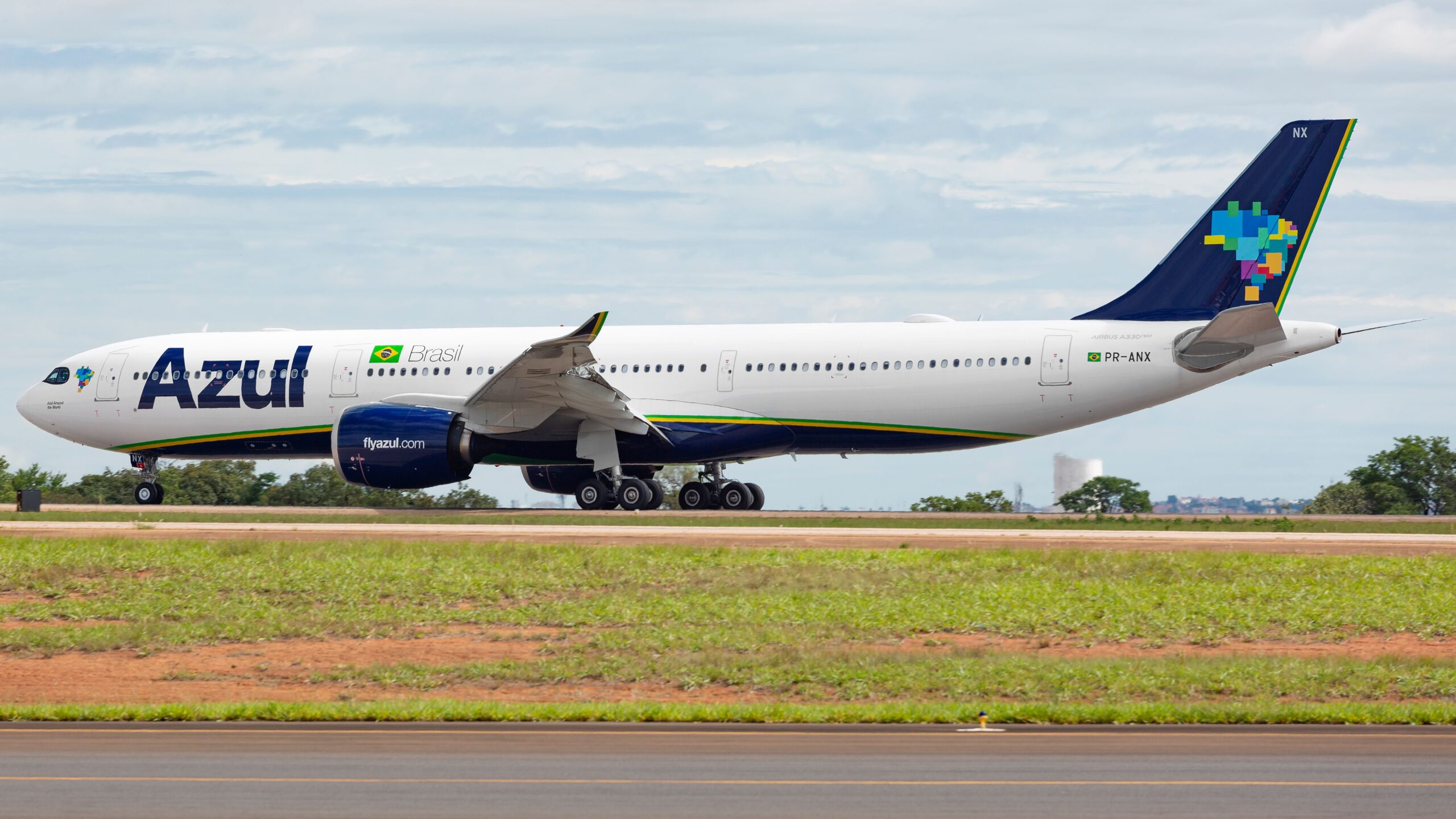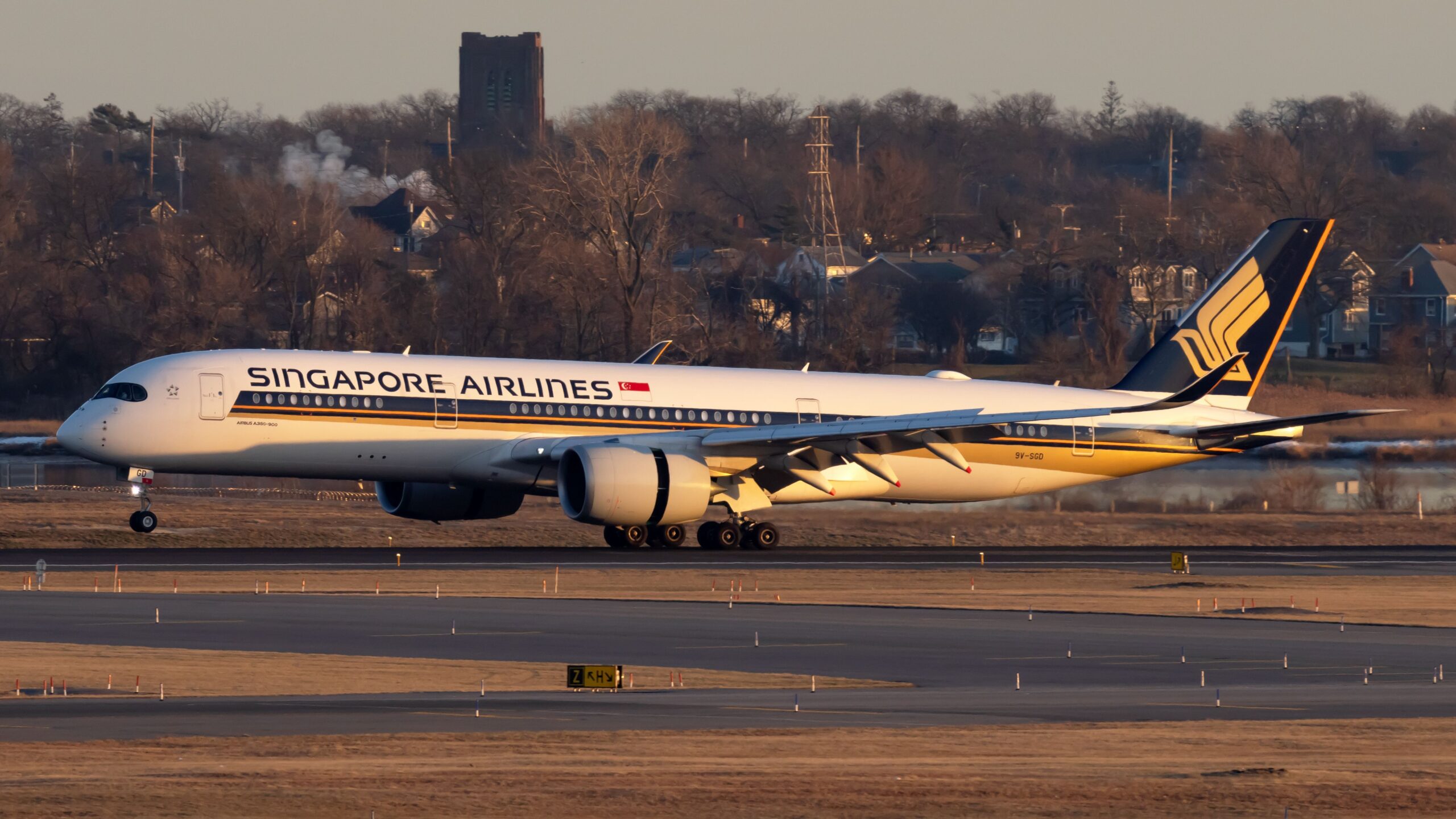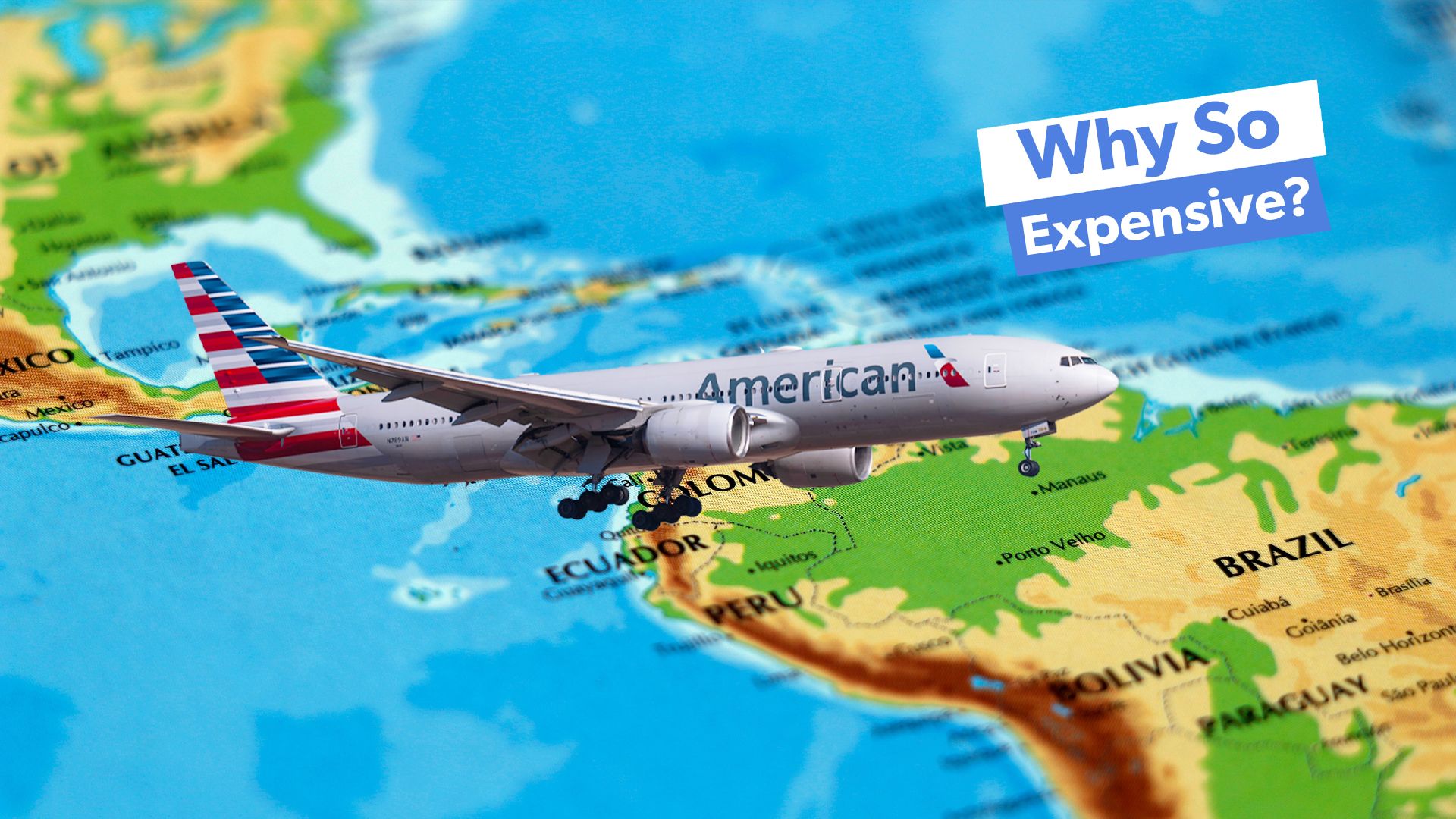Summary
- In a public response to the the Airlines for America’s (A4A), the Department of Transportation (DOT) rejected the association’s arguments.
- A4A stated that with ‘The Ancillary Service Fees Rule,’ the DOT exceeded its authority.
- The DOT outright rejected the A4A’s arguments, saying that it failed to convince the Department that airlines would suffer irreparable harm.
The United States Department of Transportation (DOT) rejected the Airlines for America’s (A4A) attempt to stall the effective date of a rule that would mandate them to showcase fees related to flight changes and baggage-related charges before a passenger books a flight.
Blane Workie, the Assistant General Counsel for the Office of Aviation Consumer Protection at the DOT, responded to the initial A4A petition, which requested the Department to delay the effective date of the rule that was being challenged on June 3, by saying that it was not going to grant the A4A’ request. Workie, on behalf of the DOT, bluntly stated that if A4A and other stakeholders convince the Court of Appeals for the Fifth Circuit to stop the enactment of the rule, the Department will oppose the court’s decision.
“The Department is committed to taking actions to promote the interests of American workers, businesses, and consumers.”
Photo: Robin Guess | Shutterstock
The Assistant General Counsel argued that the rule, called ‘The Ancillary Service Fees Rule,’ was a lawful and critical piece of the DOT’s efforts to protect US consumers from unfair and deceptive practices by airlines, including the petitioners. The Department strongly believed that it was not in the public interest to hold off the effective date of the rule.
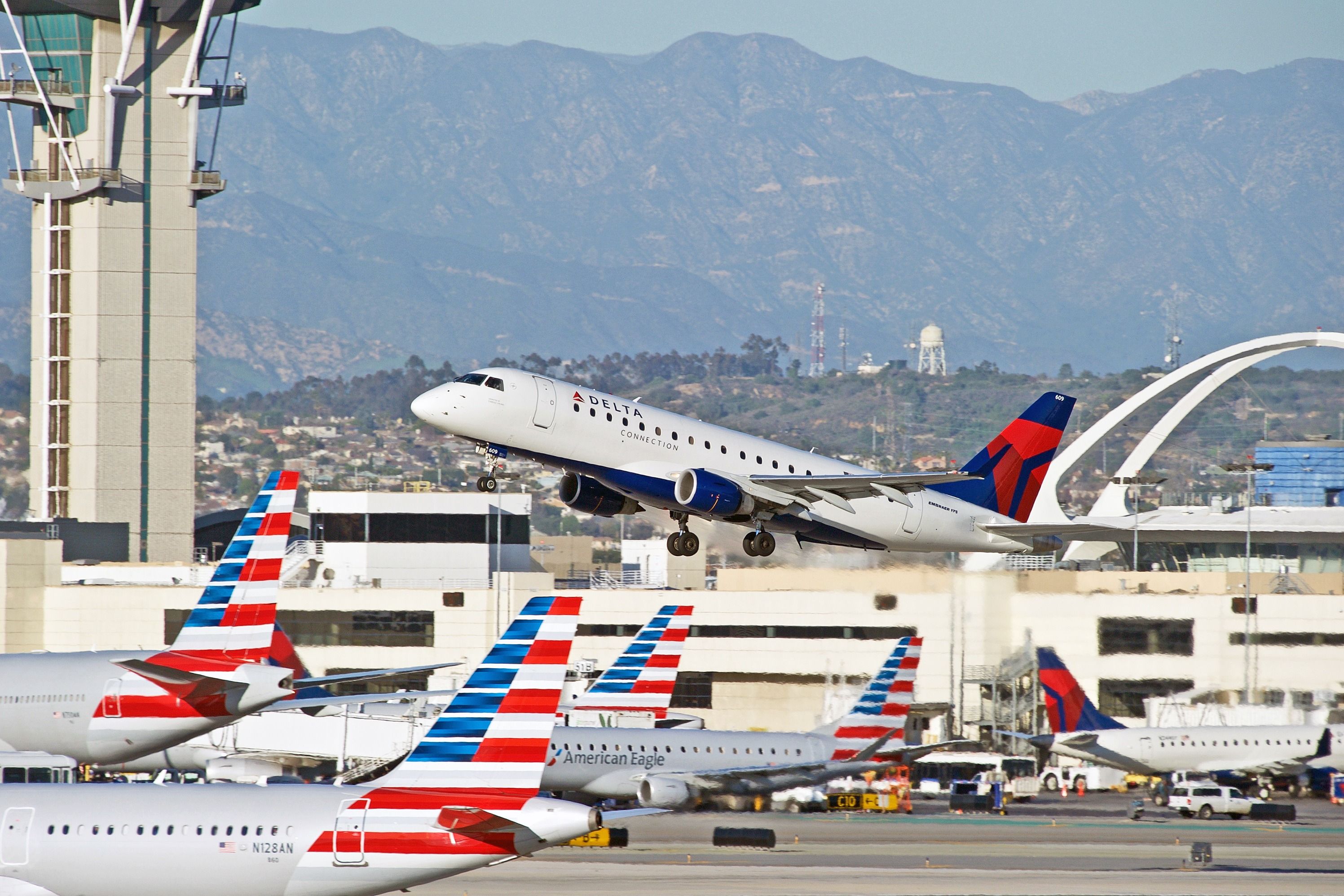
Related
US Airlines Ask For Halt To New USDOT Consumer Protections While Suit Advances
Airlines for America (A4A) confidently asserted that the Court of Appeals would rule in their favor.
Being confident in its appeal
According to the DOT, while the effective rule was July 1, airlines have more time to provide ancillary fee data to ticket agents, namely until October 30. In addition, carriers will have to comply with other requirements from April 30, 2025. In its petition, A4A stated that the Fitdt Circuit was likely “to hold that the Department exceeded its statutory authority and violated” the Administrative Procedure Act (APA). However, the DOT responded that A4A was unlikely to prevail in court, noting that it had complied with the APA’s standards.
Photo: Philip Pilosian | Shutterstock
The Department pointed out that A4A’s allegation of “irreparable harm” to the petitioners and the association’s members relied on the conjectural assertion that data sharing with ticket agents and changing digital platforms could cost between $5 million and $10 million each, excluding labor and related costs.
However, the DOT noted that at the same time, the association criticized the Department’s estimates of net benefits and time savings of the rule as being unreliable. Once again, the DOT reiterated that The Ancillary Service Fees Rule would protect American consumers.
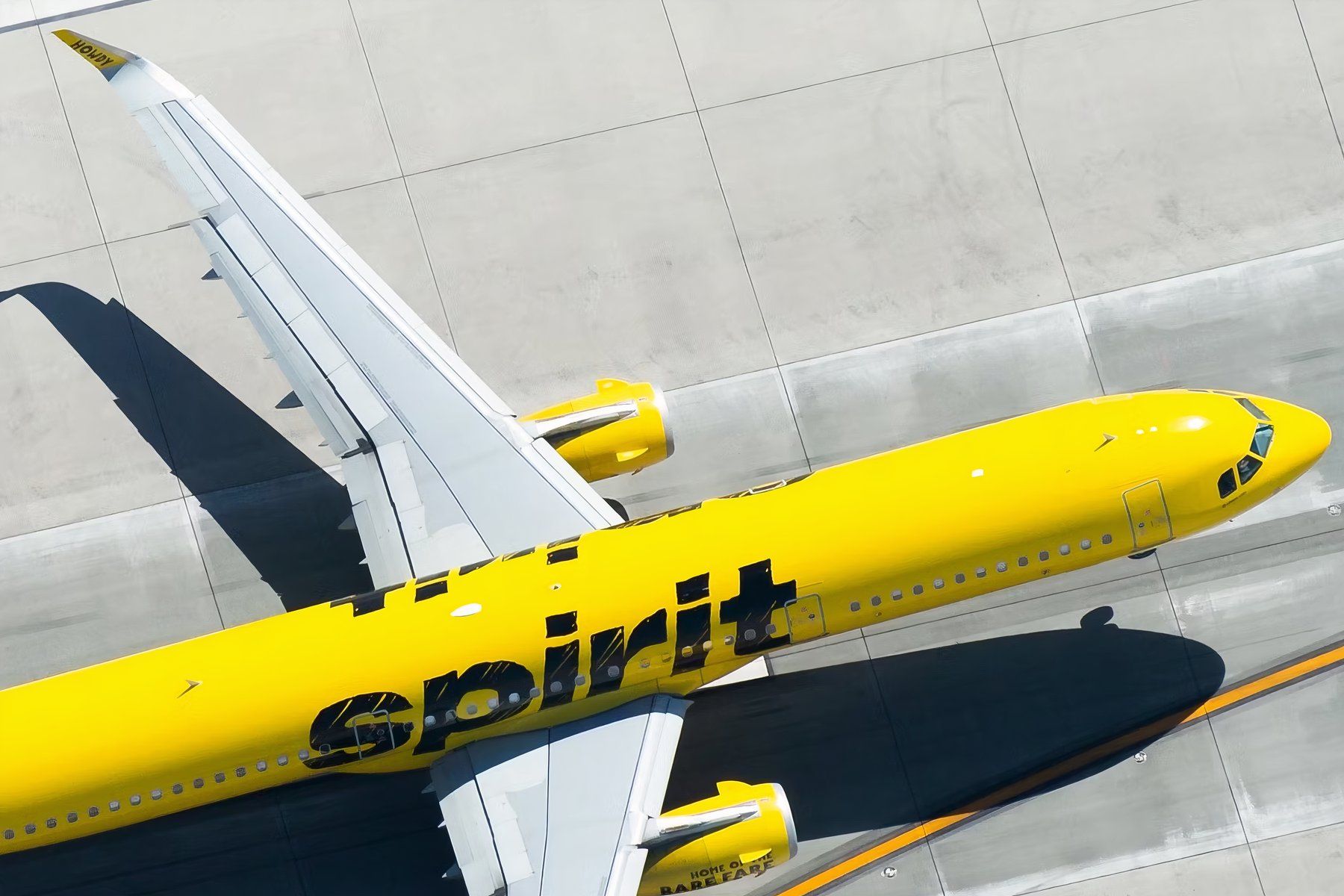
Related
Will The FAA’s New Junk Fees Rule Be The End Of Ultra Low Cost Carriers?
These airlines could be forced to shift tactics.
Congress affirming the DOT’s authority
The DOT also argued that the latest Federal Aviation Administration (FAA) Reauthorization Act acted on the Department’s rule, providing amendments to the rule’s procedures regarding offline ticket disclosures or other aspects of the rule. A4A relied on the argument that the DOT may only prohibit unfair or deceptive practices. Instead, the Department mandated certain practices, which made the rule “prescriptive and therefore unlawful.”
Nevertheless, the DOT stated that during an Advisory Committee on Aviation Consumer Protection (ACACP) meeting on June 23, 2015, consumer advocates had asserted that fees were getting out of hand. Consumer complaints continued up until the DOT published the notice of proposed rulemaking (NPRM).
Photo: Miguel Lagoa | Shutterstock
In its petition, the A4A argued that reasonable consumers know that fees and policies vary from airline to airline, even if they do not know the exact amount of fees. As such, a reasonable consumer would not assume that the standard fare is the final price of a flight, according to the association.
The DOT concluded that delaying the effective date of the rule would harm the public, adding that there was a strong public interest in the rule’s protections for US-based consumers against unfair and deceptive practices within the airline industry. The A4A failed to convince the DOT that airlines would suffer irreparable harm, making no substantive argument regarding the balance of harms and public interest, the DOT ended its response to the association.
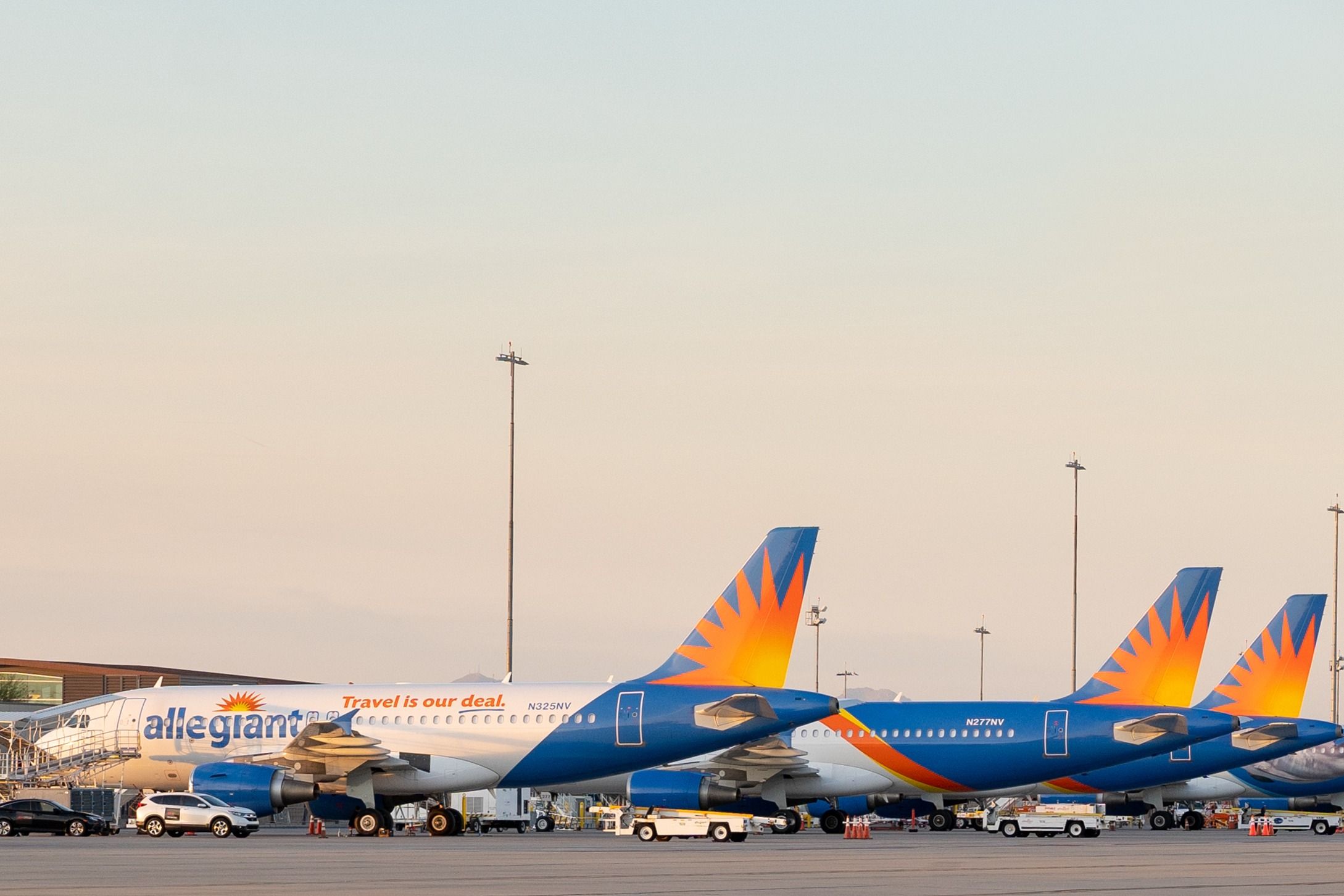
Related
Which US Airlines Still Charge Change Fees?
Several low-cost carriers charge a change fee.

